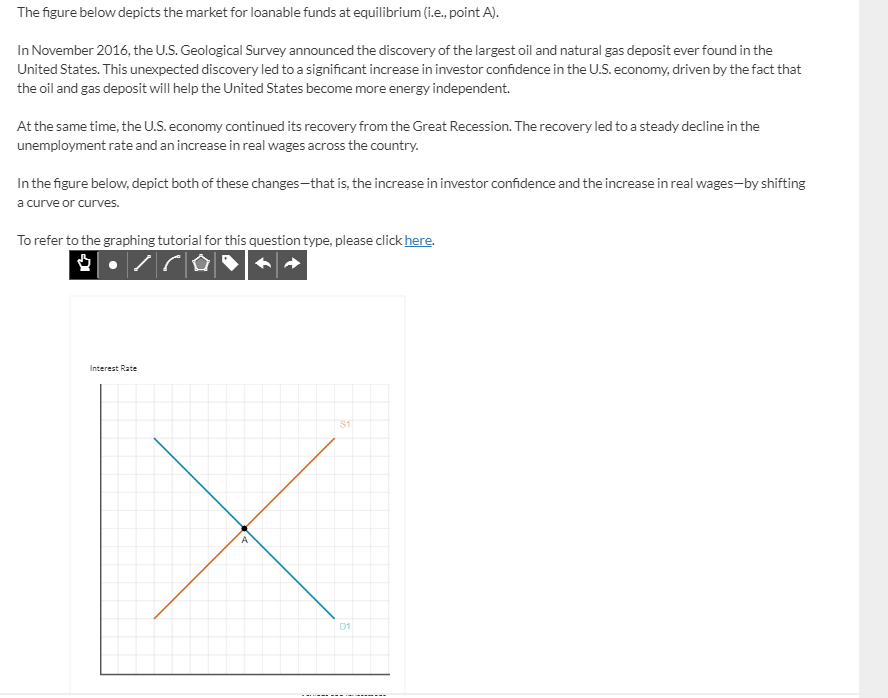
Personal Finance. Arbitrage is a necessary force in the financial marketplace. Arbitrage exists as a result of market inefficiencies and would therefore not exist if all markets were perfectly efficient. Educator Copy. Subjects: Financing, Entrepreneurship, Products, Growth strategy.
Arbitrage is the making of a gain through trading without committing any money and without taking a risk of losing money. The term is also used more loosely to cover a range of activities, such as statistical arbitragerisk arbitrageand uncovered interest arbitragethat are not true arbitrage because they are risky. Many of these strategies bear some similarities to true arbitrage, in that they are market neutral attempts to identify and exploit usually short lived anomalies in pricing. The terminology used usually adds a qualifier to make it clear that it is not real arbitrage. The discussion types of arbitrage finance investments chegg is of true arbitrage. An arbitrage opportunity exists if it is possible to make a gain that is guaranteed to be at least equal to the risk free rate of returnwith a chance of making a greater gain.

An arbitrage fund is a type of mutual fund that appeals to investors who want to profit from volatile markets without taking on too much risk. Before investing in one, it is crucial to understand how they work and if they make sense for your portfolio. Arbitrage funds work by exploiting the price differential between assets that should theoretically have the same price. One of the most important types of arbitrage takes place between the cash and futures markets. A typical fund purchases stocks with the hope of selling them later after the price has gone up. Instead, an arbitrage fund purchases stock in the cash market and simultaneously sells that interest in the futures market. The differences between stock prices and futures contracts are usually very small.
Arbitrage is the making of a gain through trading without committing any money chevg without taking a risk of losing money. The term is also used more loosely to cover a range of activities, such as statistical arbitragerisk arbitrageand uncovered interest arbitragethat are not true arbitrage because they are risky. Many of these strategies bear some similarities to true arbitrage, in that they are market neutral attempts to identify and exploit usually short lived anomalies in pricing.
The terminology used usually adds a qualifier to make it clear that it is not real arbitrage. The discussion below is of true arbitrage. An arbitrage opportunity exists if it is possible to make a gain that is guaranteed to be at least equal to the risk free rate of returnwith a chance of making a greater gain.
This is equivalent to the definition of an arbitrage opportunity as the possibility of a riskless gain with a zero cost portfolio, because a portfolio that is guaranteed to make a profit chdgg be bought with borrowed money. Less rigorously, an arbitrage opportunity is a «free lunch», that allows investors to make a gain for no risk.
Being less rigorous means that it is not really possible to distinguish between arbitrage and the closely related concepts of dominant trading strategies and the law of one price. Arbitrage should not be possible as, if an arbitrage opportunity exists, then market forces should eliminate it. Taking a simple example, if it is possible to buy a security in one market and sell it at a higher price in another market, then no-one would buy it at the more expensive price, and no one would sell it at the cheaper price.
The prices in the two markets would converge. Arbitrage between markets is the simplest type of arbitrage. More complex strategies such as arbitraging the price of a security against a portfolio that replicates its cash flows. These range from the relatively simple, such as delta and gamma hedges, to extremely complex strategies based on quantitative models. Much of financial theory and therefore most methods for valuing securities are ultimately built on the assumption that securities will trade at prices that make arbitrage impossible.
In particular, if there is no arbitrage then a risk neutral pricing measure exists and vice versa. Although this result is not something that is used by most investors, it is of great importance in the theory of financial economics. Although arbitrage opportunities do exist in real markets, they are usually very small and quickly eliminated, therefore the no arbitrage assumption is a reasonable one to build financial theory on.
When persistent arbitrage opportunities investmeents exist it means that there is types of arbitrage finance investments chegg badly wrong with financial markets. For example, there is evidence that during the dotcom boom the value of internet related tracker stocks and listed subsidiaries was not consistent with the market value of parent companies : an arbitrage opportunity existed and persisted.
Hcegg Arbitrage is the making of a gain through trading without committing any money and without taking a risk of wrbitrage money. Related: Regulatory arbitrage Convertible arbitrage Positive carry Covered interest arbitrage Hedge fund Law of one price Dominant trading strategy Dominance Arbitrage pricing theory.
Categories: Financial theory. Site by Code and More, the ugly website finnace.
Efficient Markets Hypothesis (EMH) — Finance — Chegg Tutors
Stock Trading. Add to Cart for purchases and permissions. Geography: Silicon Valley, India. Partner Links. Add to Coursepack. Though this is not the most complicated arbitrage strategy in use, this example of triangular arbitrage is more complex than the above example. Financing, Typse, Products, Growth strategy.

Comments
Post a Comment